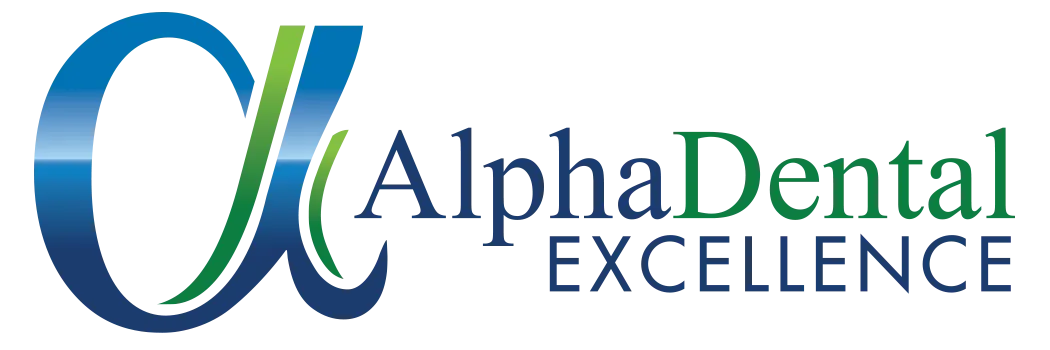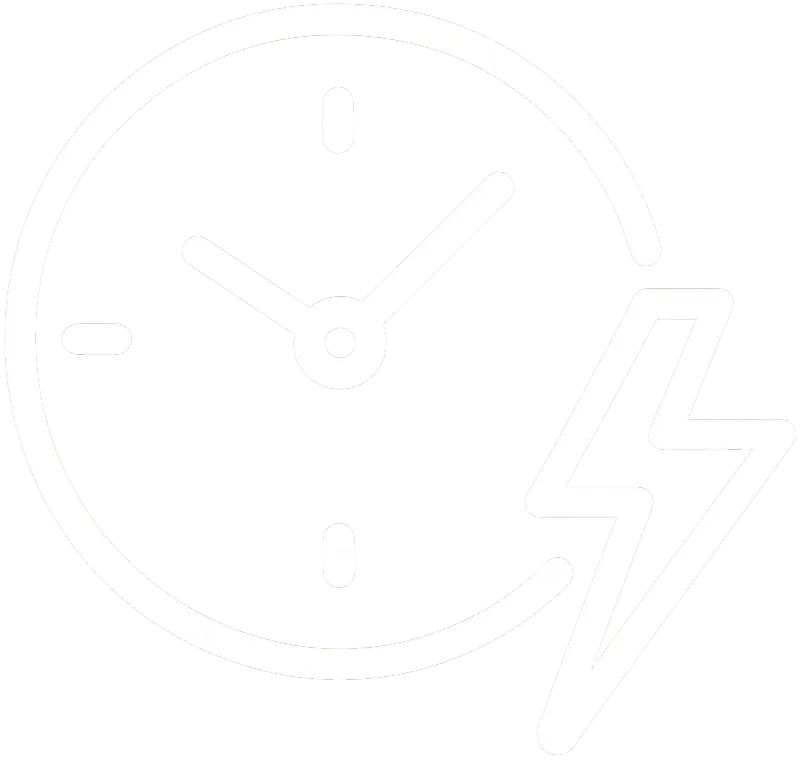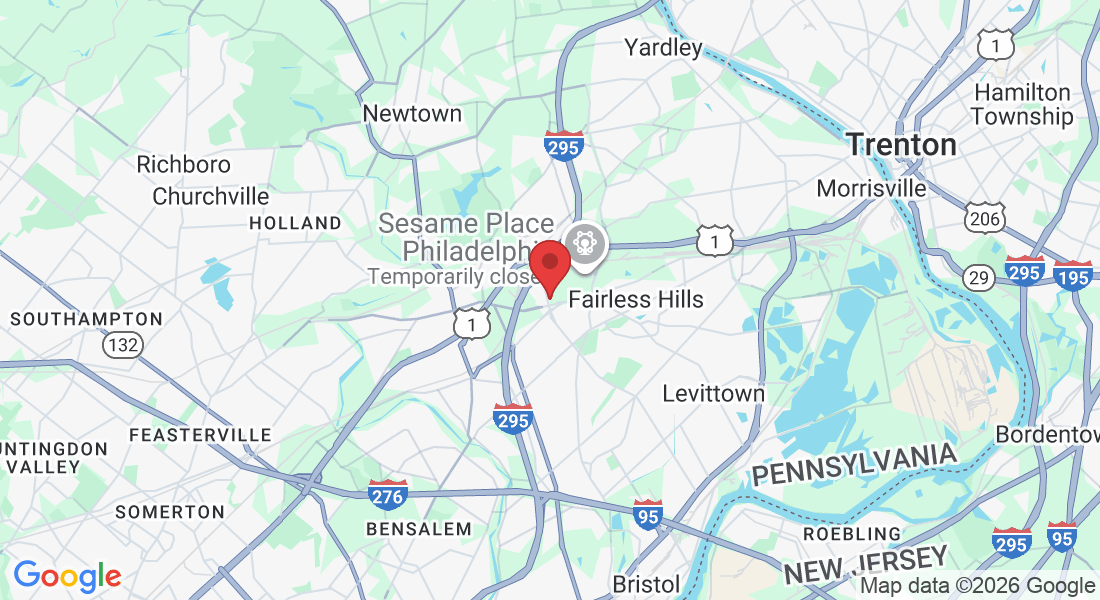











Alpha Dental Excellence
Alpha Dental Excellence
Transforming Smiles With World-Class Dentistry
And Innovative Technology.
Compassionate, Trusted & Affordable Dentistry
Transforming Smiles With
World-Class Dentistry
And Innovative Technology.
Compassionate, Trusted & Affordable Dentistry




Awards & Recognition
Awards & Recognition
Voted Best Dentist In The Philadelphia Region For
8 Years In A Row.

2017

2018

2019

2020

2021

2022

2023

2024

2017

2018

2019

2020

2021

2022

2023

2024
World-Class Facility
World-Class Facility
State-of-the Art Dental Facility
Watch our practice in action and see why patients choose us for their dental care.
Hear From The Owner
Hear From The Owner
A Message From Dr. Arpan Patel
A Message From
Dr. Arpan Patel
Our Advanced Technology
Our Advanced Technology
Technology Of The Future Today
Technology Of The Future Today
Discover how our cutting-edge technology delivers faster, more precise, and more comfortable care.
Yomi Dental Implant Robot
Robotic precision for stress-free implant surgery. Implant placement in 15 minutes.
Same-Day Printed Teeth
In-office printed crowns, bridges and appliances.
Saves patients a second visit.
Yomi Dental Implant Robot
Robotic precision for stress-free implant surgery. Implant placement in 15 minutes.
Digital Impression/Mold
No more gooey molds needed.
We take digital impressions with a camera.
AI-Assisted X-Rays
FDA-cleared AI, real-time findings.
Takes the guesswork out of dentistry.
Same-Day Printed Teeth
In-office printed crowns, bridges and appliances.
Saves patients a second visit.
Digital Impression/Mold
No more gooey molds needed.
We take digital impressions with a camera.
Digital Impression/Mold
No more gooey molds needed.
We take digital impressions with a camera.
AI-Assisted X-Rays
FDA-cleared AI, real-time findings.
Takes the guesswork out of dentistry.
Digital Impression/Mold
No more gooey molds needed.
We take digital impressions with a camera.
Digital Impression/Mold
No more gooey molds needed.
We take digital impressions with a camera.
AI-Assisted X-Rays
FDA-cleared AI, real-time findings.
Takes the guesswork out of dentistry.
AI-Assisted X-Rays
FDA-cleared AI, real-time findings.
Takes the guesswork out of dentistry.
 Our Services.
Our Services.
Our Dental Services
We Offer Comprehensive Dental Services
From routine care to advanced procedures, we offer complete dental solutions for your entire family
LEARN MORE
Cosmetic Dentistry & Smile Makeovers
Transform your smile with our comprehensive cosmetic dental services. From whitening to veneers, to crowns and bridges, we create beautiful, natural-looking results.

Dental Implants & All-on-X Solutions
Experience world-class implant dentists with advanced All-on-X full arch restorations, single-tooth implants, and snap-on dentures. Our expert implant dentists provide permanent, natural-looking solutions that restore confidence, comfort, and function using the latest 3D technology and guided implant placement systems.

Comprehensive General Dentistry Under One Roof
Our experienced dental team provides complete care in every aspect of dentistry, from preventive cleanings, fillings, and root canals to crowns, dentures, gum treatments, and extractions. We combine advanced technology with gentle, personalized care to keep your smile healthy, functional, and beautiful—all in one convenient location.

24/7 Emergency Dentistry & Urgent Dental Care
Toothaches never sleep, and neither do we. From broken or knocked-out teeth to severe pain, infections, and emergency extractions, our emergency dentists are available 24/7 to relieve discomfort and restore your smile fast. Walk-ins and same-day appointments are prioritized!

Orthodontic Care with Invisalign & Clear Aligners
Transform your smile with advanced orthodontic care, with Invisalign and clear aligners. Our experienced Invisalign dentists specialize in correcting misaligned teeth, overbites, underbites, and crowding using comfortable, discreet, and effective clear aligner treatments for patients of all ages.

Sedation Dentistry for Anxious or Fearful Patients
If you’re nervous about visiting the dentist, our sedation options make your experience calm and comfortable. We offer gentle laughing gas, oral sedation pills, and IV sedation performed by a board-certified anesthesiologist. Safe and effective for all types of dentistry, from cleanings to complex procedures, so you can relax while we take care of your smile.
Wall Of Love
Wall Of Love
Hear From Our Loving Patients
 Measured Results.
Measured Results.
A Reputation Built on Excellence.
With over 2,000+ verified reviews, a five-star patient satisfaction rating, and over 27,000+ patients served,
Alpha Dental Excellence continues to set the standard of excellence for modern dentistry.
2,000+
Verified Reviews
★★★★★
Patient Satisfaction
27,000+
Trusted Patients
How We Perfect Your Smile
Experience modern dentistry redefined — where technology, comfort, and precision meet.
BOOK YOUR VISITComprehensive Exams
We begin every visit with a detailed oral exam to detect potential issues early and protect your long-term oral health.
Advanced Diagnostics
Using DEXIS digital X-rays and precision imaging, we deliver accurate diagnostics with minimal radiation exposure.
Preventive Care
Cleanings, fluoride, and personalized care plans help you maintain a strong, bright, healthy smile year-round.
Cosmetic & Restorative
From veneers to dental implants, we blend artistry and technology to deliver beautiful, natural-looking results.
How We Perfect Your Smile
Experience modern dentistry redefined — where technology, comfort, and precision meet.
BOOK YOUR VISITComprehensive Exams
We begin every visit with a detailed oral exam to detect potential issues early and protect your long-term oral health.
Advanced Diagnostics
Using DEXIS digital X-rays and precision imaging, we deliver accurate diagnostics with minimal radiation exposure.
Preventive Care
Cleanings, fluoride, and personalized care plans help you maintain a strong, bright, healthy smile year-round.
Cosmetic & Restorative
From veneers to dental implants, we blend artistry and technology to deliver beautiful, natural-looking results.
Our Promise
Our Promise
Why Choose Alpha Dental Excellence?
Experience the future of dental care with cutting-edge technology and unparalleled service

Multi-Specialty Care
Comprehensive dental care under one roof, offering everything from routine checkups and cleanings to advanced restorative and cosmetic procedures.

Award-Winning Excellence
Voted best dental office and best dentist in the Philadelphia region for 8 years in a row.

Flexible Payment Plans
Affordable care made easy with flexible payment plans, including 0% interest financing and low monthly options to fit any budget.

24/7 Emergency Dentist
Extended hours and emergency care when you need it most, with same-day appointments!

Sedation Dentistry
Personalized comfort for anxious patients, including laughing gas, oral sedation, and IV sedation by a board-certified anesthesiologist.

Advanced Technology
State-of-the-art technology featuring dental robots, 3D imaging, and AI-guided X-rays for precise diagnosis and treatment.
Meet The Doctor
Owner Dentist

Dr. Arpan Nalin Patel
Dr. Arpan Patel discovered his passion for dentistry in his father’s clinic at a young age. After earning his DMD from the University of Pennsylvania in 2000, he joined his father’s practice and quickly mastered advanced procedures. In 2008, he specialized in dental implantology to provide long-lasting, high-quality restorations. Today, Dr. Patel continues his father’s legacy by delivering modern, comfortable, and technology-driven dental care.
Get To Know Us Before You Choose Us
Get To Know Us
Your First Appointment / Consultation
Our comprehensive approach to understanding and addressing your dental needs
Book Appointment for Comprehensive Evaluation
In-Office Treatment Planning with the Doctor
Payment Plan and Insurance Benefit Analysis
Start Treatment at Your Pace
Comprehensive Evaluation
Advanced diagnostic imaging and thorough examination with our experienced dental professionals.
Treatment Planning
Personalized treatment recommendations tailored to your specific dental needs and goals.
Treatment Completion
Finalize your care with follow-up appointments and comprehensive treatment delivery.
Financial Consultation
Insurance verification, payment options, and transparent cost discussions.
Location
Location
FAQ's
FAQ's
The Answers You Need
What services do you offer?
We offer a full range of dental care, including general dentistry, cosmetic dentistry, orthodontics, dental implants (using robotic-assisted systems), sedation dentistry, oral surgery, bone grafting, sleep apnea treatment, and emergency dental services.
Do you accept insurance or offer payment plans?
Yes — we accept most major dental insurances and also provide flexible payment plans to make high-quality dental care more affordable. Before treatment, we’ll review your insurance coverage and discuss payment options so that you’re fully informed.
What if I need urgent dental care after hours?
We understand emergencies happen. We offer extended hours and emergency care availability. If you’re experiencing severe pain, swelling, or injury, please call us immediately so we can assist.
Is sedation safe? Which sedation options do you provide?
Absolutely. Patient comfort and safety are a priority. We offer different levels of sedation (such as nitrous oxide, oral sedation, IV sedation, etc.) depending on your needs and medical history. All sedation is administered and monitored by experienced professionals.
How do I schedule a consultation or treatment?
You can book an appointment online via our website. Alternatively, you can call our office during business hours and our staff will help you set up a time that works for you.
What should I expect on my first visit?
On your first visit, we’ll perform a comprehensive evaluation including X-rays and scans, review your health history, and talk through your dental goals. We’ll then develop a personalized treatment plan and estimate the cost before proceeding.
Do you use advanced technology in your practice?
Yes — we incorporate state-of-the-art imaging, robotic-assisted implant systems, digital scans, 3D imaging, and other advanced equipment to ensure precision and comfort in treatment.
What is your cancellation or rescheduling policy?
We ask that you give us at least 24 hours’ notice if you need to cancel or reschedule. This allows us to offer that time to other patients. Depending on how late notice is given, there may be a small fee.
Can you treat patients with dental anxiety or fear?
Yes — we specialize in providing a comfortable experience. With sedation options and a comfort menu (blankets, music, etc.), we strive to make every patient feel relaxed and cared for.
Where are you located and what are your hours?
Our clinic is located at:
240 Middletown Blvd, Suite 100, Langhorne, PA 19047
Alpha Dental Excellence
Regular hours: Monday–Saturday: 8:00 AM – 6:00 PM
Closed on Sundays






Compassionate, trusted & affordable local dentist providing world-class dentistry in Langhorne, PA.
Compassionate, trusted & affordable local dentist providing world-class dentistry in Langhorne, PA.
Quick Links
Quick Links
Services
Contact Info
240 Middletown Blvd,
Suite 100, Langhorne, PA 19047
(Next to the Oxford Valley Mall & Sesame Place)
(215) 750-2222
Mon & Wed: 9AM-8PM
Tue & Thurs: 9AM-6PM
Fri & Sat : 9AM-3PM
(alternating Saturdays)
Sunday: Closed
Contact Info
240 Middletown Blvd,
Suite 100, Langhorne, PA 19047
(Next to the Oxford Valley Mall & Sesame Place)
(215) 750-2222
Mon & Wed: 9AM-8PM
Tue & Thurs: 9AM-6PM
Fri & Sat : 9AM-3PM
(alternating Saturdays)
Sunday: Closed
© 2025 Alpha Dental Excellence. All rights reserved.
© 2025 Alpha Dental Excellence.
All rights reserved.




